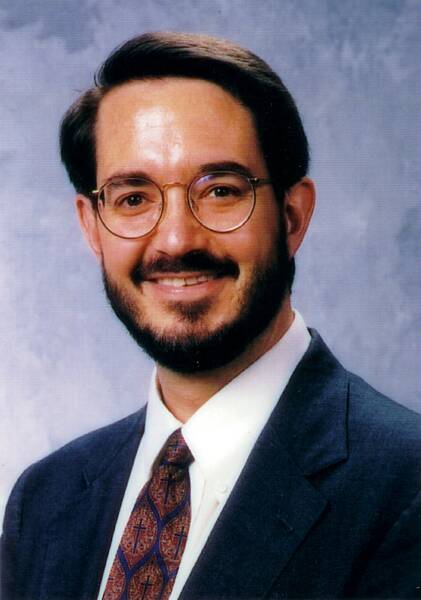How many priests does it take to operate an iPad?
![]() The pope has launched a new Vatican website with his iPad
The pope has launched a new Vatican website with his iPad
"We are travellers…not yet in our native land" – St. Augustine
![]() The pope has launched a new Vatican website with his iPad
The pope has launched a new Vatican website with his iPad
 Thanks to Jenna for finding this one:
Thanks to Jenna for finding this one:
I really like what’s read here. Here’s a transcript:
“Jesus Christ is in every book of the Bible…
In Genesis, Jesus is the Seed of the Woman
In Exodus, He is the Passover Lamb
In Leviticus, He is the Priest, the Altar, and the Lamb of Sacrifice
In Numbers, He is the Pillar of Cloud by day and the Pillar of Fire by Night
In Deuteronomy, Jesus is the Prophet, like Moses
Come and kneel before Him now

Happy Father’s Day to all the dads out there!
There are lots of different parenting styles out there. Which do you think is best?

A while ago, I missed out on the 8th Biblical Studies Conference, held not far from here. I annoyingly found out about it approximately two hours after it had finished! Argh! I have just missed hearing Scott Hahn in person sooooo many times now. It’s starting to get a bit ridiculous…
Fortunately, I just found some videos of that weekend. Enjoy.
As you know, I write my blog entries a while before they actually get posted. Since writing this entry I have found better ways of achieving the desired effect using WordPress Plug-ins. However, I decided to post it anyway since I think it’s still quite a neat exercise in tricking computers to do what you want…
Today is purely a technical blog for my fellow bloggers.
I’ve had a problem that has been bugging me for some time. If I post a link to a blog entry on Facebook which contains no images, then no thumbnail image is displayed:
I’ve noticed that when I don’t have a thumbnail image, the web traffic generated by people visiting my blog from Facebook seriously declines.
This is particularly problematic for my “Friday Frivolity” posts. Since these entries are usually just a few lines of text and a YouTube video, they have no thumbnails when shared on Facebook.
Tonight, I found a fairly simple solution to this problem…
I was looking at my post from a couple of days ago and noticed something about the icon of Polycarp that I didn’t initially notice…
If you look carefully, you will see on the left the emblem of a bird, peaking out from underneath Polycarp’s robes. I believe this bird is the Phoenix. If you don’t know the mythology surrounding the Phoenix, it is described in the letter of St. Clement of Rome to the Corinthians (96 AD):
“Let us consider that wonderful sign [of the resurrection] which takes place in Eastern lands, that is, in Arabia and the countries round about. There is a certain bird which is called a phoenix. This is the only one of its kind, and lives five hundred years.
There are many words of Jesus to which I find myself returning time and again, finding in them yet another dimension οr shade of meaning. Today I would like to share with you a little “God moment” I had last week related to a certain passage of Scripture.
 Recently, I had a few days vacation in Las Vegas. A friend of mine from England was visiting Arizona and we agreed to meet in Las Vegas since it’s sort-of-but-not-really half way between Phoenix and San Diego. This was my first time visiting Las Vegas. Hopefully I’ll write about my impressions of that city sometime soon but, for now, I would just like to share something that happened on the last day.
Recently, I had a few days vacation in Las Vegas. A friend of mine from England was visiting Arizona and we agreed to meet in Las Vegas since it’s sort-of-but-not-really half way between Phoenix and San Diego. This was my first time visiting Las Vegas. Hopefully I’ll write about my impressions of that city sometime soon but, for now, I would just like to share something that happened on the last day.
Now, I’m pretty sure Hell will be hotter than Nevada, although I don’t exactly see how that’s possible! Man, it was baking! Since the weather was like an oven, we decided to take it easy on our final day and just hang out at the hotel’s pool for a little while…
While I was sunbathing I saw a father and his little girl playing in the pool. The child would climb out of the pool and, with a huge grin and cheeky laugh, she would jump into the pool, into the parent’s waiting arms.